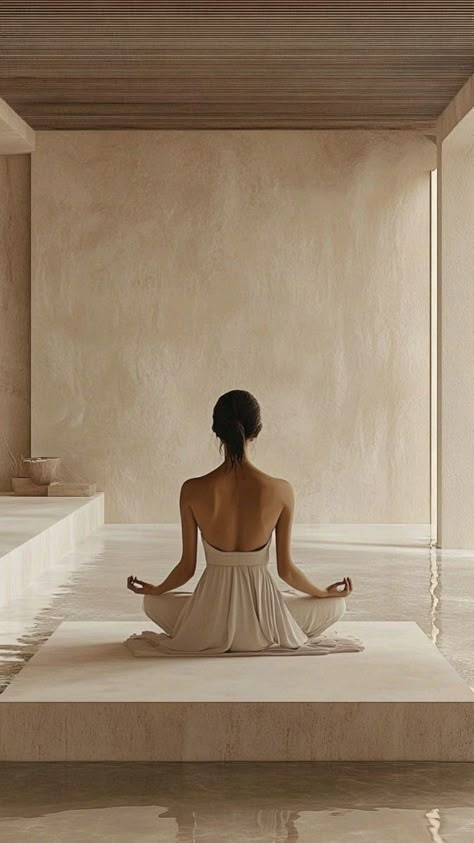
Discover the Least Stressful Decade of Life Today
Imagine a morning bathed in golden light, where time slows just enough for you to savor the stillness between sips of hand-harvested Oolong tea. The air holds a crisp edge, charged with the quiet excitement of a day that belongs entirely to you. There is no rush, no urgency—just a deep, abiding sense that you have arrived at a place in life where clarity outweighs chaos.
For decades, we have been conditioned to believe that youth is the pinnacle of vitality, that the rush of ambition and the urgency of building something—whether a career, a family, or a legacy—is where fulfillment lies. But a recent study challenges this notion with compelling evidence: the least stressful decade of life is not found in our twenties or thirties, but in our fifties. This is when the weight of expectations lifts, when experience has refined our instincts, and when life begins to feel less like a pursuit and more like an arrival.
The Art of Living, Reimagined
Stress, for many, is a currency traded from the moment adulthood begins. Deadlines, social pressures, the carefully curated façade of achievement—each element contributes to a relentless demand on our time and mental space. But by the time one reaches their fifties, something shifts. The research points to a remarkable decline in stress levels during this period, not because obligations disappear entirely, but because those who arrive at this chapter have learned the subtle, invaluable skill of discernment. Not every battle is worth fighting, not every opportunity should be seized, and not every fleeting trend deserves attention.
This shift is more than psychological; it manifests in the decisions one makes, the environments one creates, and the experiences one seeks. Mornings become slower, infused with quiet rituals rather than hurried obligations. Travel is no longer about checking destinations off a list but about immersing oneself in places that nourish the soul. Time—once an elusive luxury—becomes a resource used with greater precision. It is no coincidence that some of the world’s most revered wellness retreats cater to clients in this stage of life: those who no longer chase relaxation as an indulgence but rather, as an integral part of their daily existence.
In conversations with longevity experts and wellness pioneers, a recurring theme emerges: stress reduction at this stage is not passive. It is cultivated. It is the result of years spent refining one’s perspective and curating a life where quality overtakes quantity. The homes are quieter, yet richer in meaning. The friendships are fewer, and also deeper. The habits are deliberate, designed not for momentary pleasure but for enduring well-being. This is not a retreat from life but a newfound mastery of it.
A Different Kind of Wealth
In a culture that glorifies perpetual motion, slowing down is often mistaken for stagnation. But those who have reached this decade with grace understand that true wealth is measured in spaciousness—spaciousness in thoughts, in conversations, in the ability to experience life without the constant background hum of anxiety.
The concept of luxury itself evolves. No longer tied exclusively to material possessions, it becomes an embodiment of ease—ease in movement, ease in decision-making, ease in the way one navigates the world. The food is richer in nutrients rather than excess. The wardrobe is refined, not merely abundant. The spaces individuals inhabit are filled with objects that hold personal significance rather than fleeting aesthetic appeal.
Most tellingly, the need for approval begins to fade. There is a quiet confidence in knowing that one's worth is not dictated by external accolades or comparisons. What remains is a profound contentment, a deep appreciation for presence over performance. It is why some of the most impactful creators, thinkers, and visionaries find their stride not in youthful exuberance, but in the serene assurance of their fifties. They have enough knowledge to navigate complexity, yet enough wisdom to recognize that simplicity holds its own power.
These findings challenge the aspirational timelines we have long accepted. The peak of life is not necessarily the high-energy scramble of early adulthood; rather, it is the moment when one understands how to fully claim their time, their space, and their well-being. As science continues to unveil the advantages of this decade, perhaps it is time we begin to reimagine what it truly means to live well—not in pursuit of fleeting excitement, but in pursuit of something far more enduring.


